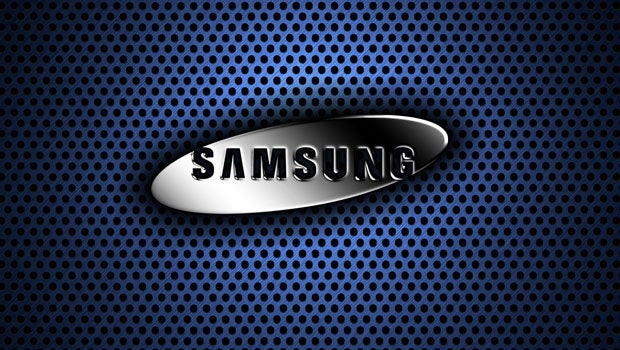Samsung Galaxy S7 could see return to Qualcomm chips

Samsung famously snubbed Qualcomm’s Snapdragon chips with its 2015 round of flagships, but is the split permanent?
Apparently not, as a new report claims Samsung is “conducting intensive testing” on the Snapdragon 820.
According to Sammobile, which cites a Korean source, Samsung is trialling Qualcomm’s latest top-end mobile chip.
The Snapdragon 820 was only just officially announced this month, but it was reported to be in the hands of manufacturers from as early as July this year.
This isn’t the first clue we’ve had that Samsung may return to the Qualcomm fold.
Back in April, Samsung’s mobile chief J K Shin was reported as saying:
“We have to use the best engines to make our products competitive, which is why we opted to use our own chips. But we may very well end up using products from Qualcomm again in the next Galaxy phone.”
Related: Best Android Smartphones 2015
Samsung has been very vocal about its rebuffing of Snapdragon chips this year.
The company opted to use its own custom-built Exynos-series chipset in 2015 flagships, including the Galaxy S6, Galaxy S6 Edge, Galaxy Note 5, and Galaxy S6 Edge+.
That’s widely rumoured to be because the Snapdragon 810 allegedly suffered from serious overheating issues.
If the Snapdragon 820 avoids such problems, there’s no reason why Samsung couldn’t make use of the chip in next year’s smartphones.
The next big release on Samsung’s agenda is most likely the Galaxy S7, which is expected to land early next year.
Do you think Samsung should use its own chips forevermore, or is a return to Qualcomm inevitable? Let us know in the comments.
Check out our smartphone group test video below:


